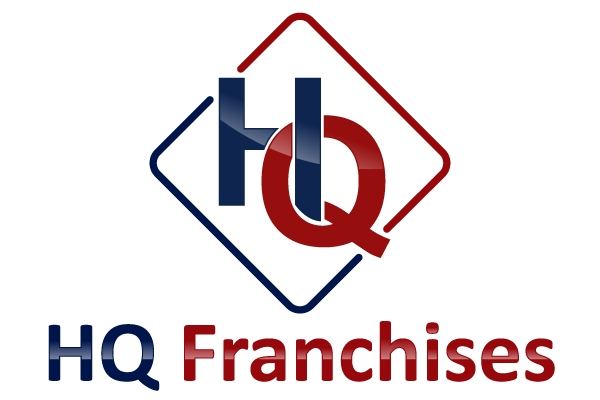At HQ Franchises, we often get asked, “What is the most profitable franchise?” The answer depends on several factors. Are we measuring profit dollars, profit margin, or return on investment? Not every franchise is right for every business owner. While McDonald’s and 7-Eleven are among the most profitable franchises, they are not a perfect match for everyone, or many people, actually.
A better question to ask is, “What franchise that is a good fit for me is the most profitable?”
Franchises exist across nearly every industry, offering entrepreneurs a structured path to business ownership. Investing in a franchise can reduce risk and provide a faster path to profitability. However, selecting the right franchise is key to maximizing profitability and long-term success.
Profitable Franchise Business Types
Choosing the most profitable franchise that fits you well requires understanding the different business models available. Identifying whether you prefer a B2C or B2B model and whether you want a physical storefront or a virtual operation is essential. Once these preferences are clear, selecting a profitable franchise becomes more straightforward.
B2C Franchises
B2C (business-to-consumer) franchises serve individual customers. These include well-known restaurant and retail franchises such as McDonald’s, 7-Eleven, Subway, Dunkin’, KFC, and Taco Bell. Convenience stores like Circle K and service-based businesses like The UPS Store are also highly profitable.
Beyond retail and food service, B2C franchises include fitness brands like Planet Fitness, Orangetheory, and Pure Barre, as well as home improvement services such as Mosquito Joe, Koala Insulation, Miracle Method, and California Closets. Eldercare and tutoring services also fall into this category and are growing in demand.
B2B Franchises
B2B (business-to-business) franchises focus on providing services to other businesses. Examples include staffing and recruiting firms, IT management services, lending institutions, and property management franchises. Signage and printing services typically require a storefront, while consulting and coaching franchises often operate virtually.
Other B2B opportunities include financial services, legal services, insurance, and tax preparation franchises. These models can be highly profitable and are an excellent fit for individuals with corporate backgrounds looking to transition into business ownership.
Brick-and-Mortar vs. Virtual Franchises
Another critical decision is whether to invest in a franchise that requires a physical location or one that can operate remotely. Most B2C businesses require a storefront, while B2B franchises often have flexible location options. Some franchises, whether B2C or B2B, require specialized equipment or vehicles.
At HQ Franchises, we specialize in helping individuals transition from corporate careers into franchise ownership. Many of our clients seek flexible business models that do not require a physical location, allowing them to operate from home or a shared office space.
Why Choose a Franchise Instead of Starting Your Own Business?
Before selecting a franchise, entrepreneurs should first determine what type of business suits them best. The advantage of franchising is that it offers a proven model, an established brand, and a network of franchisees for support. Franchisors also provide training, marketing assistance, and operational guidance, making it easier to get up and running quickly.
If you are considering franchise ownership, HQ Franchises can help you find the right fit based on your goals, experience, and investment level. We work with individuals in transition from corporate roles and provide expert guidance in selecting the best franchise for their needs.
Let’s connect to discuss your options and find the most profitable franchise opportunity for you.
